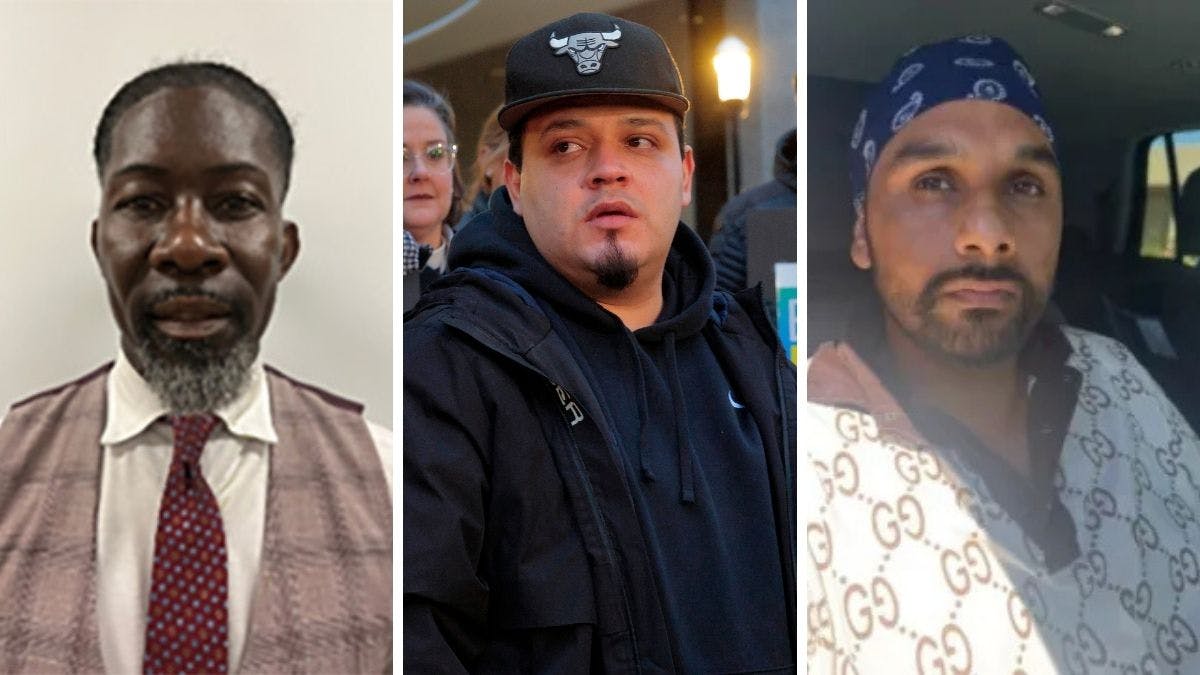Congress Keeps Pushing Colleges To Discriminate—but the Fight Back Has Finally Begun

This June, Tennessee joined the civil rights organization Students for Fair Admissions to file a lawsuit opposing racial discrimination in higher education.
Live Your Best Retirement
Fun • Funds • Fitness • Freedom
That might give you a sneaking sense of déjà vu—didn’t the Supreme Court crack down on racial preferences two years ago in Students for Fair Admission v. Harvard?
While the court made it clear in the Harvard case that admitting students based on race is unconstitutional, Congress hasn’t gotten the memo. In fact, they’ve forced schools into a racial catch-22 by continuing to provide grant funding to schools deemed “Hispanic Serving Institutions.”
To qualify as an HSI, a school’s student body must be at least 25 percent Hispanic. That’s an undisguised quota system—and it leaves schools with two choices: violate the Constitution by finagling the racial makeup of their student body or lose out on a cut of the more than $2 billion that’s been allocated to HSIs since 2011.
Tennessee and Students for Fair Admissions want to end this discriminatory, quota-driven system. And their case has the potential to be even bigger than SFFA v. Harvard.
The Harvard case closed a loophole that had existed since the 2000s, when the court conferred its blessing on short-term racial preferences used to develop a diverse student body. But a decision holding that racially discriminatory government programs like HSI are unconstitutional could weaken the vast network of similarly discriminatory state and federal programs.
“Hispanic Serving Institutions” is a congressionally created concept that requires the use of racial quotas. If a school’s student population meets a certain quota of Hispanic students, then the school gets access to a pot of federal money exceeding $2 billion. This is similar to other racially discriminatory benefits programs like state and federal contracting set-asides, which promise hundreds of billions of dollars in federal contracts based on race instead of quality and cost.
If the HSI case makes it to the Supreme Court and the court strikes down the quotas, the effects will ripple through the lingering programs that use racial preference to allocate funds, contracts, and benefits.
Yet the road to a lawsuit hasn’t been easy.
Several civil rights lawyers have worked tirelessly to find plaintiffs willing to stand up to this massive racial spoils system.
The American Civil Rights Project has been at the forefront of the effort. Its chairman, Professor Gail Heriot, has argued against these sorts of race quotas for decades, and the American Civil Rights Project itself has highlighted the issue for years. And although it is not currently involved in the lawsuit, its work demonstrates just how difficult challenging the HSI program has been—because when the ACR Project tried to find a school or state attorney general willing to sue, potential plaintiffs kept backing out.
State attorneys general, as well as schools that aren’t HSIs, would both have been eligible plaintiffs. For schools, though, becoming an HSI is lucrative—and many universities with qualms about the racial quota would rather keep quiet than pass up the federal grant money.
Similarly, many primarily Republican states have large Hispanic populations that allow their state schools to qualify as HSIs. Potentially sympathetic attorneys general risked political backlash if they tried to dismantle the HSI program.
Thus, the American Civil Rights Project switched focus to Congress, developing model legislation that would replace racial quota requirements with non-race-based forms of funding such as the expansion of Pell Grants.
In May, the project’s executive director, Dan Morenoff, testified before Congress that through the HSI program, “the federal government discriminates against students because of their races …[and] against schools because of the races of their students.” Not only is this unconstitutional, but it prevents funds from being allocated in more helpful ways, such as on the basis of financial need.
But after legislation in Tennessee established the Civil Rights Enforcement Division, Tennessee Attorney General Jonathan Skrmetti agreed to join SFFA to sue the Department of Education. Soon, his case may become the biggest civil rights case in recent history, dealing a blow to the vast array of race quotas and preferences that somehow persist in American law even into the 21st century.
The post Congress Keeps Pushing Colleges To Discriminate—but the Fight Back Has Finally Begun appeared first on The Daily Signal.
Originally Published at Daily Wire, Daily Signal, or The Blaze
What's Your Reaction?
 Like
0
Like
0
 Dislike
0
Dislike
0
 Love
0
Love
0
 Funny
0
Funny
0
 Angry
0
Angry
0
 Sad
0
Sad
0
 Wow
0
Wow
0











































































